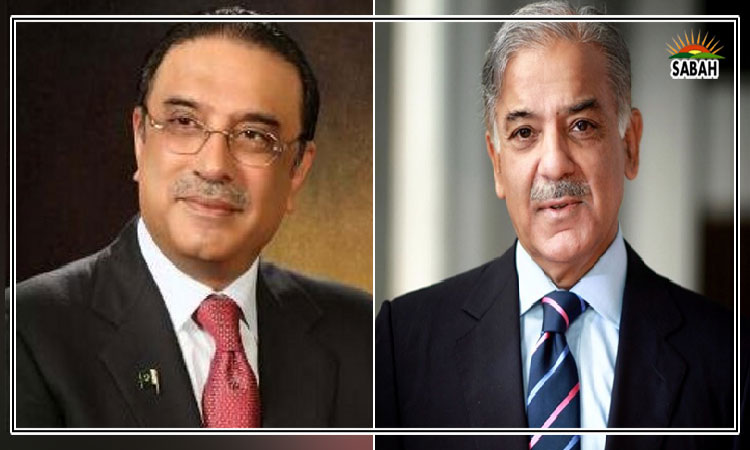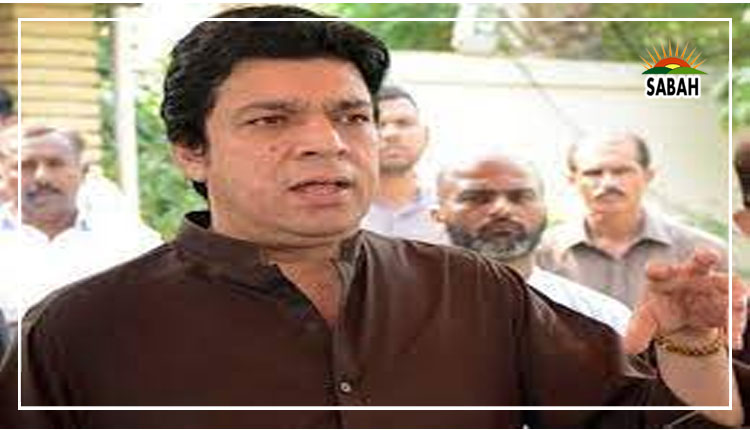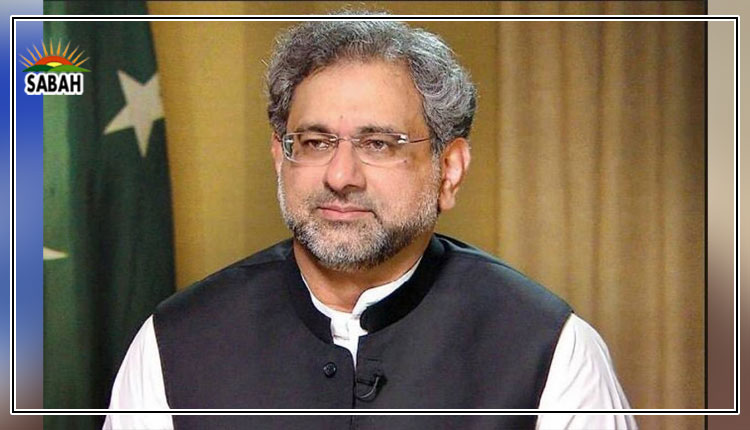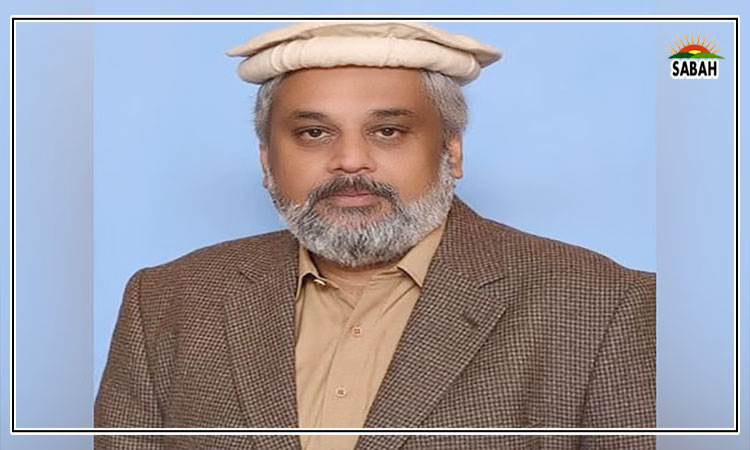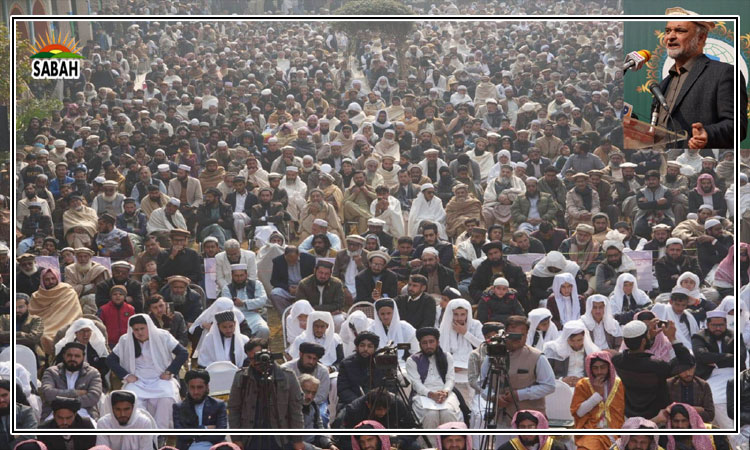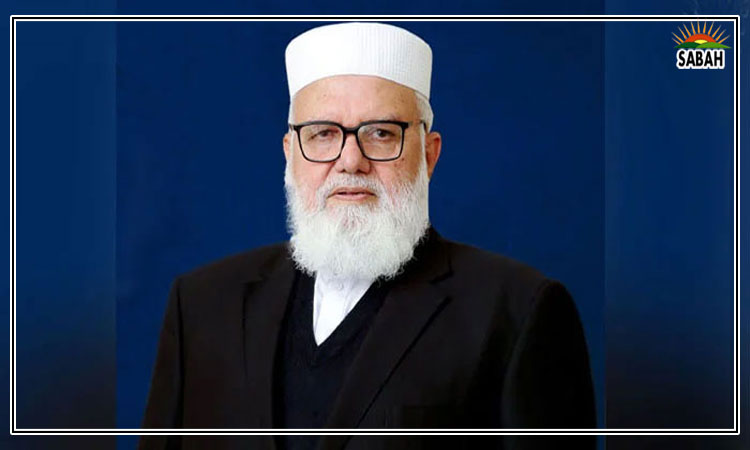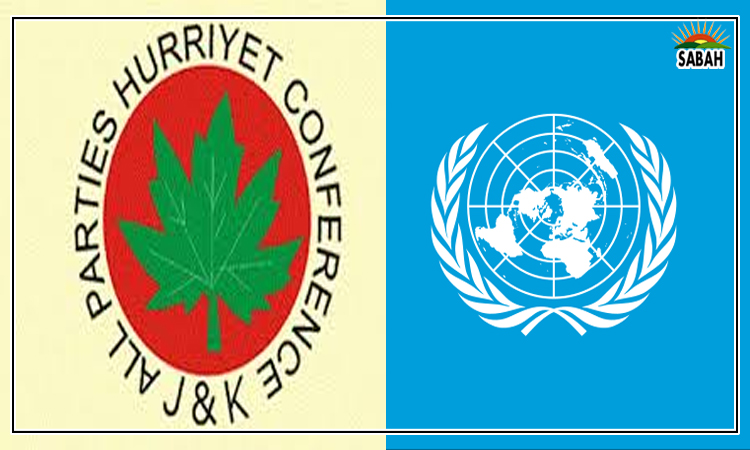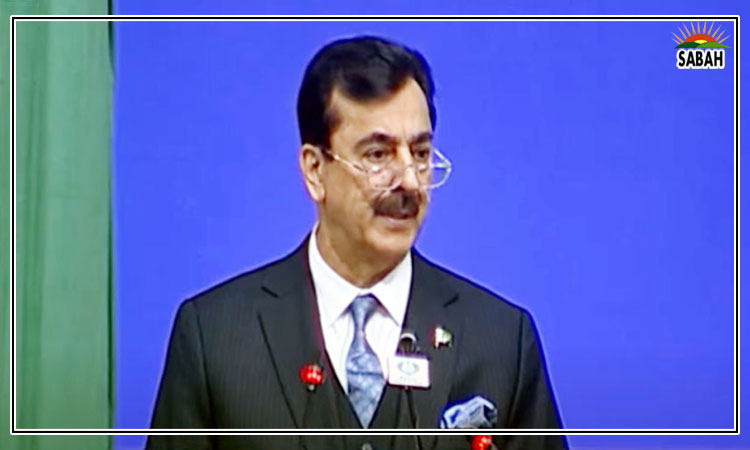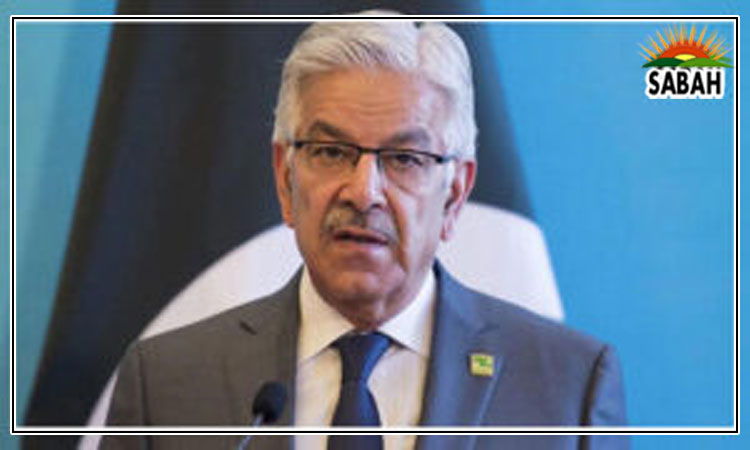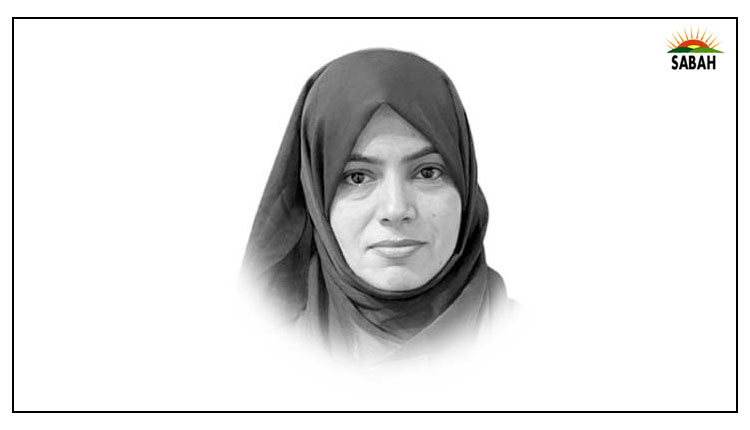Powering tomorrow’s leadership… Saira Samo
What if we entrust power to youngsters? To lead, hold responsibility, run the state, and manage affairs at both national and international levels. These young individuals would play all the roles beneficial to the public at the state level. We would empower them to take on leading political roles, such as prime minister and president, with all other ministerial positions filled by university graduates with high qualifications and credentials.
The reason for entrusting power to youngsters lies in their energy and propensity to work diligently for the good of the people. Young individuals are more adept at adapting to working conditions and staying updated with day-to-day changes. They are people of the modern age, understanding the needs of the populace and working accordingly.
The world is shifting towards modern technology tools, and young people are more active and knowledgeable in technological matters. They are better equipped to face challenges and find quick solutions. They understand the digital world and its intricacies.
In politics, young leaders have the advantage of understanding the needs of the people and the problems of society because they live in it. They stay in touch with the issues and work to resolve them. In contrast, old leaders, despite being time-tested, have repeatedly failed to bring the desired results for the betterment of the people and the country, even though they have remained in power multiple times.
Seventy-six years after gaining independence, Pakistan has not yet achieved excellence at the international level. It faces economic struggles, political destabilisation, and moral corruption, largely due to the poor performance of its leaders. Entrusting power to young leaders could offer a route to address these pressing issues.
We have examples of young leaders currently serving at the national level. Jacinda Ardern became Prime Minister of New Zealand at 37, Gabriel Boric achieved the distinction of becoming Chiles youngest-ever president at 35, and Emmanuel Macron assumed office as Frances youngest president at 39. These leaders are energetic and smart workers who stand firm in addressing the issues facing the general public. Highly educated and well aware of the peoples needs, they introduce innovative work modules that improve working conditions, reflecting their sharpness and proactive approach in their respective fields.
In business, young workers often bring fresh perspectives and different ways of thinking. Most young workers are eager to learn, build their experience, and apply their skills in the workforce. They are accustomed to learning and are more readily able to absorb training. When unexpected circumstances arise, younger people are better equipped to respond. Having grown up with technology, they have a natural affinity for tech and the ability to quickly apply and understand different technologies.
In the public service and social sector, the participation of young people is crucial. They often bring about positive changes by introducing new methods of work and undertaking creative initiatives. They actively engage in teaching others about new working opportunities and play a key role in cleaning up the cities from the scourge of corruption, thereby ensuring transparency. Their working conditions are aimed at improving the lives of the people they serve.
To sum up, young minds are more industrious than their older counterparts. They have the potential to bring about positive changes if given a platform at the national level. Such changes are unfolding in Pakistani politics with the involvement of Aseefa Bhutto, aged 31, and her brother Bilawal Bhutto, aged 35, who served as foreign minister during the PDM coalition government of Shehbaz Sharif, marking a positive shift. Another young leader, Nawabzada Jamal Khan Raisani from Quetta, began his career as the countrys youngest-ever directly elected parliamentarian at the age of 25.
These young leaders offer hope for positive changes at the national level and effective representation of our country internationally. Their leadership can greatly enhance the well-being of our people and drive sustainable socio-economic and political improvements for the betterment of our nation.
Courrtesy The Express Tribune


